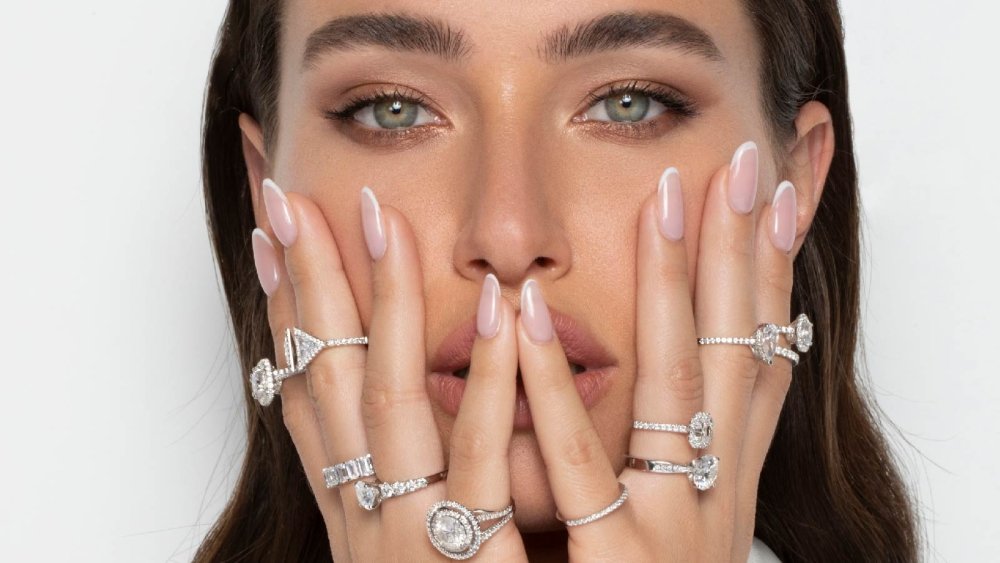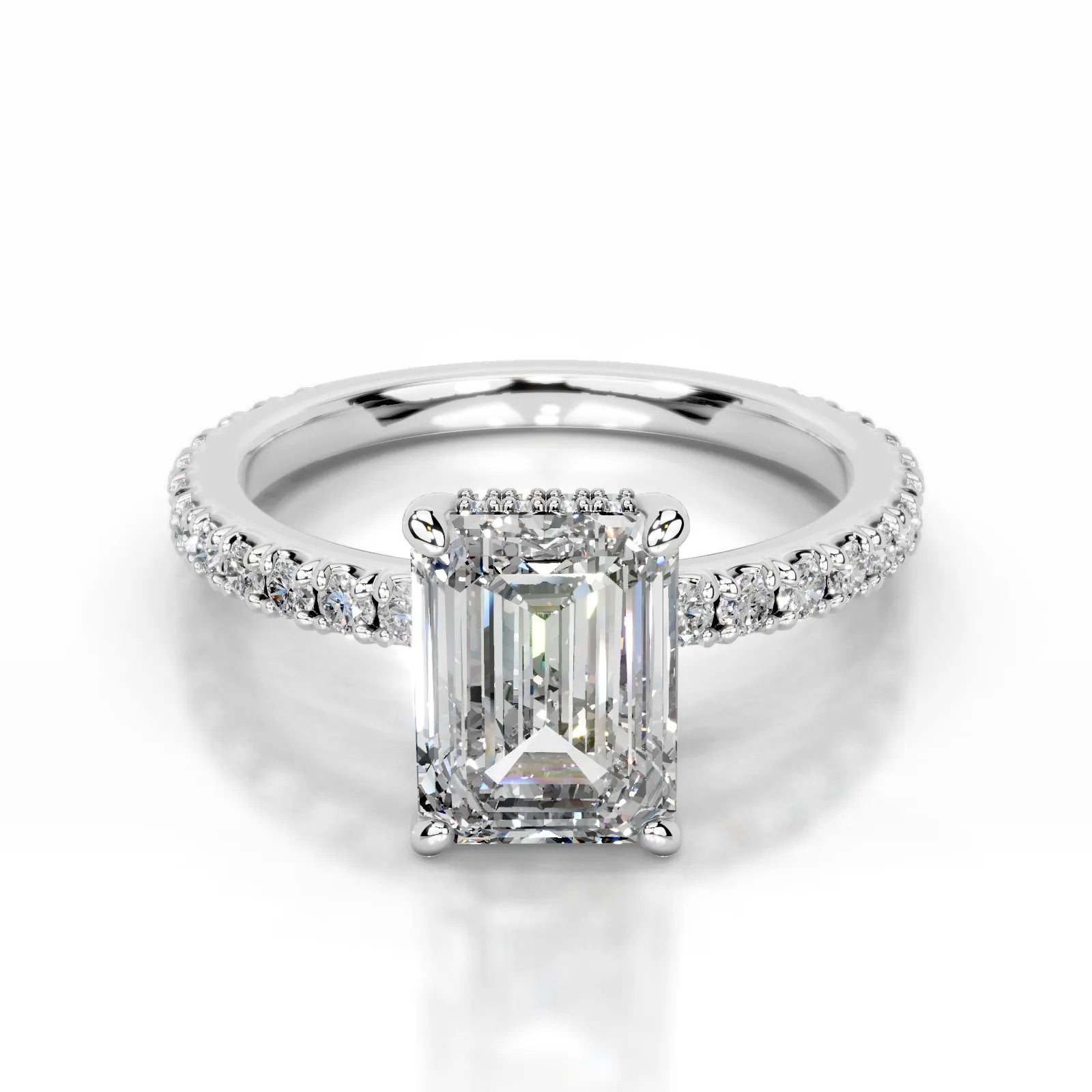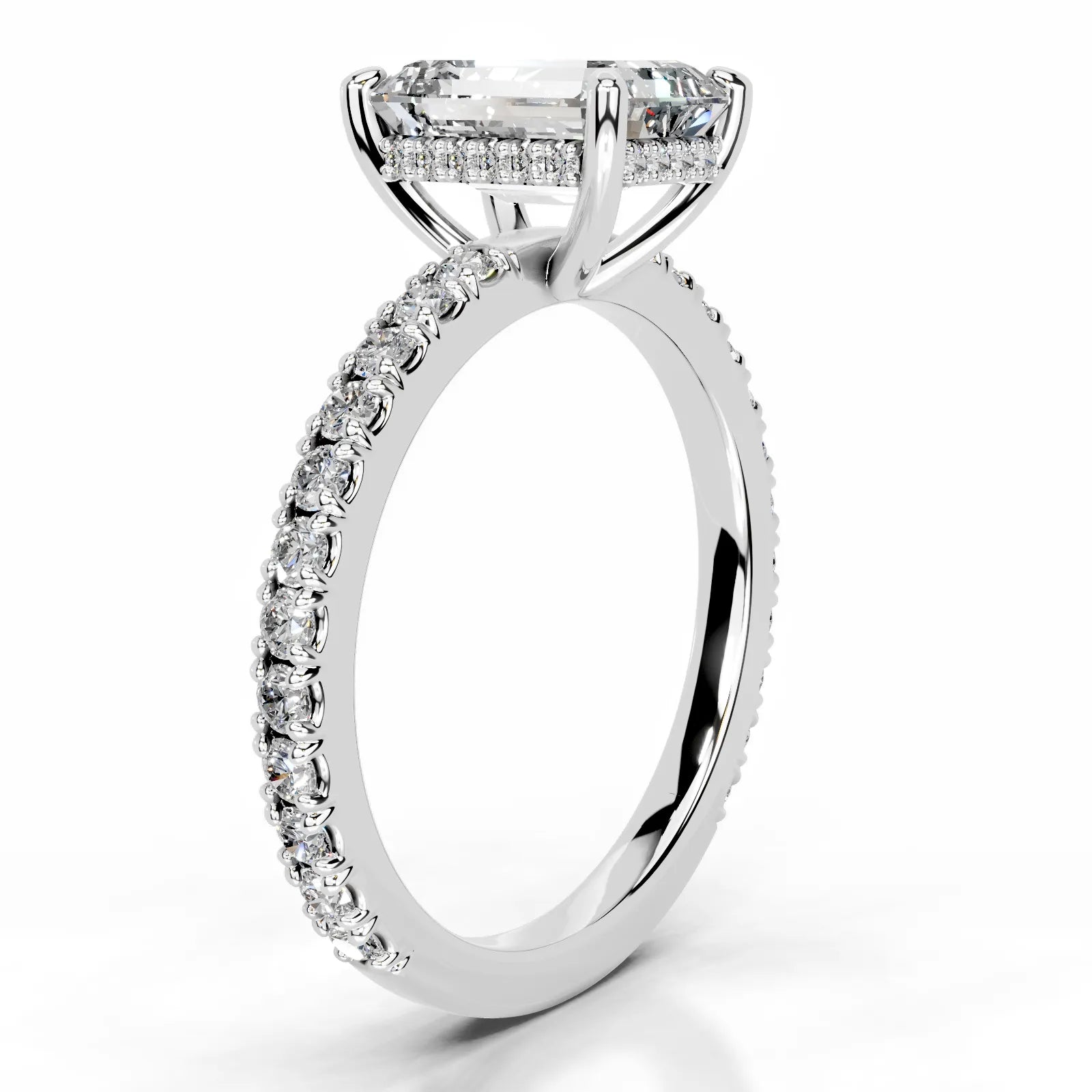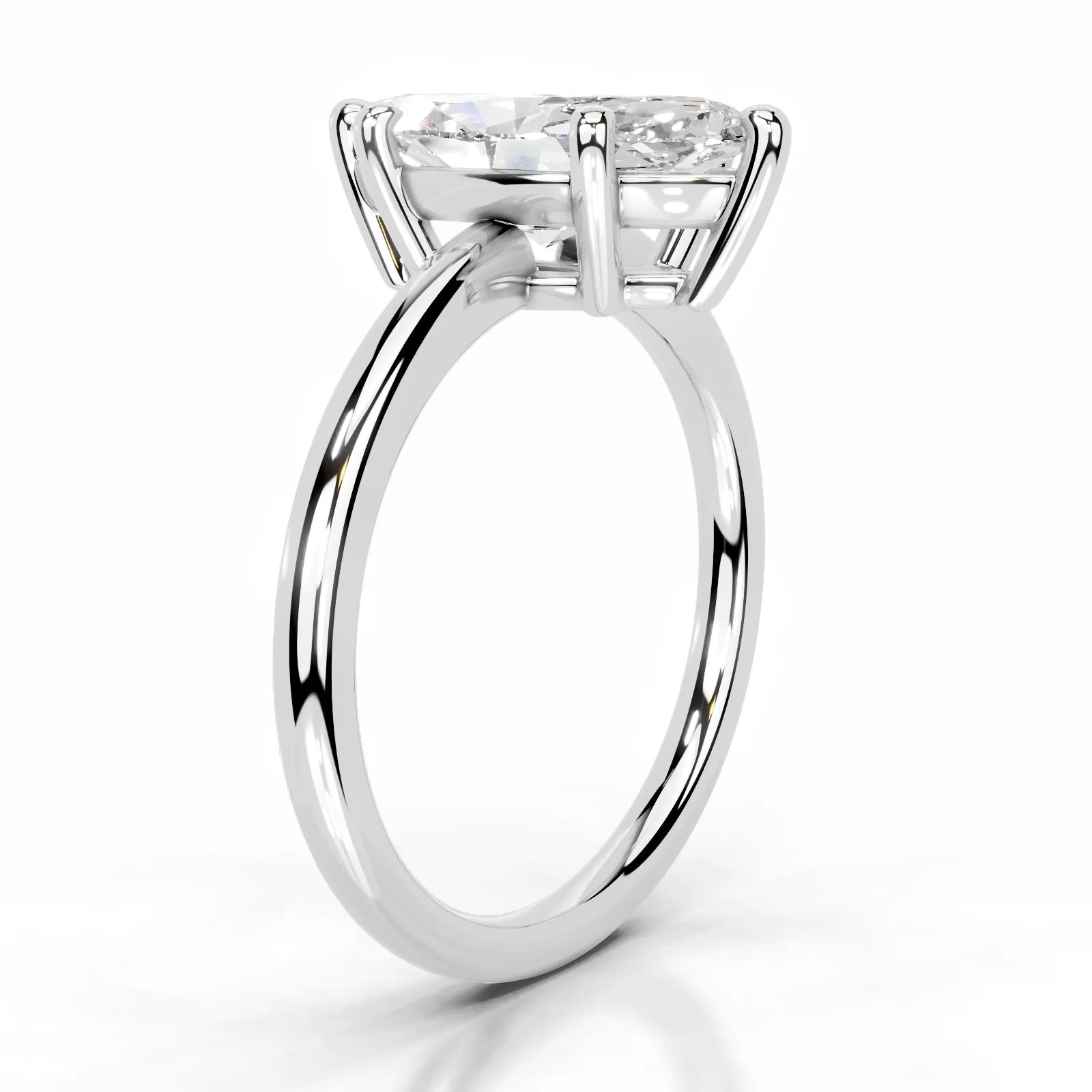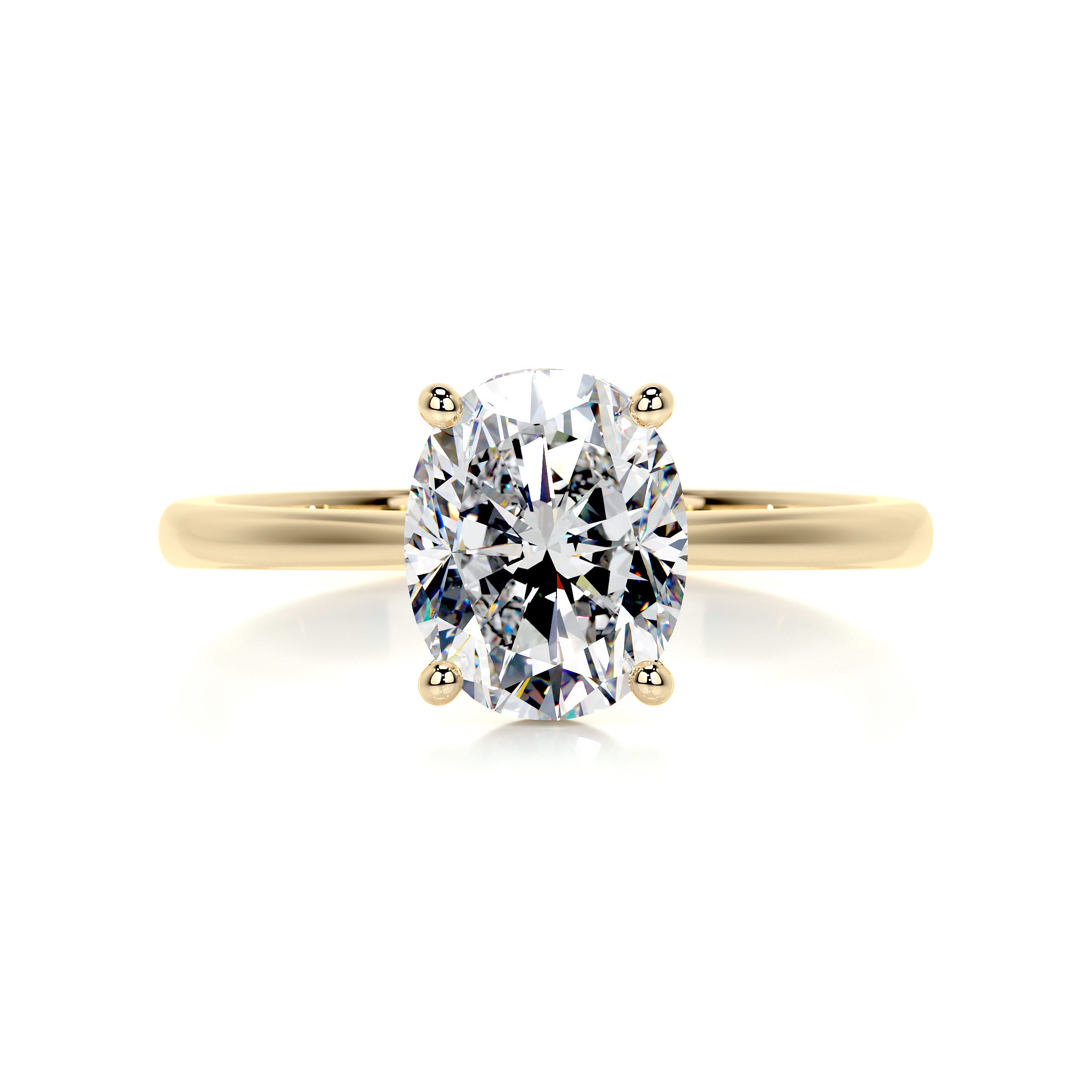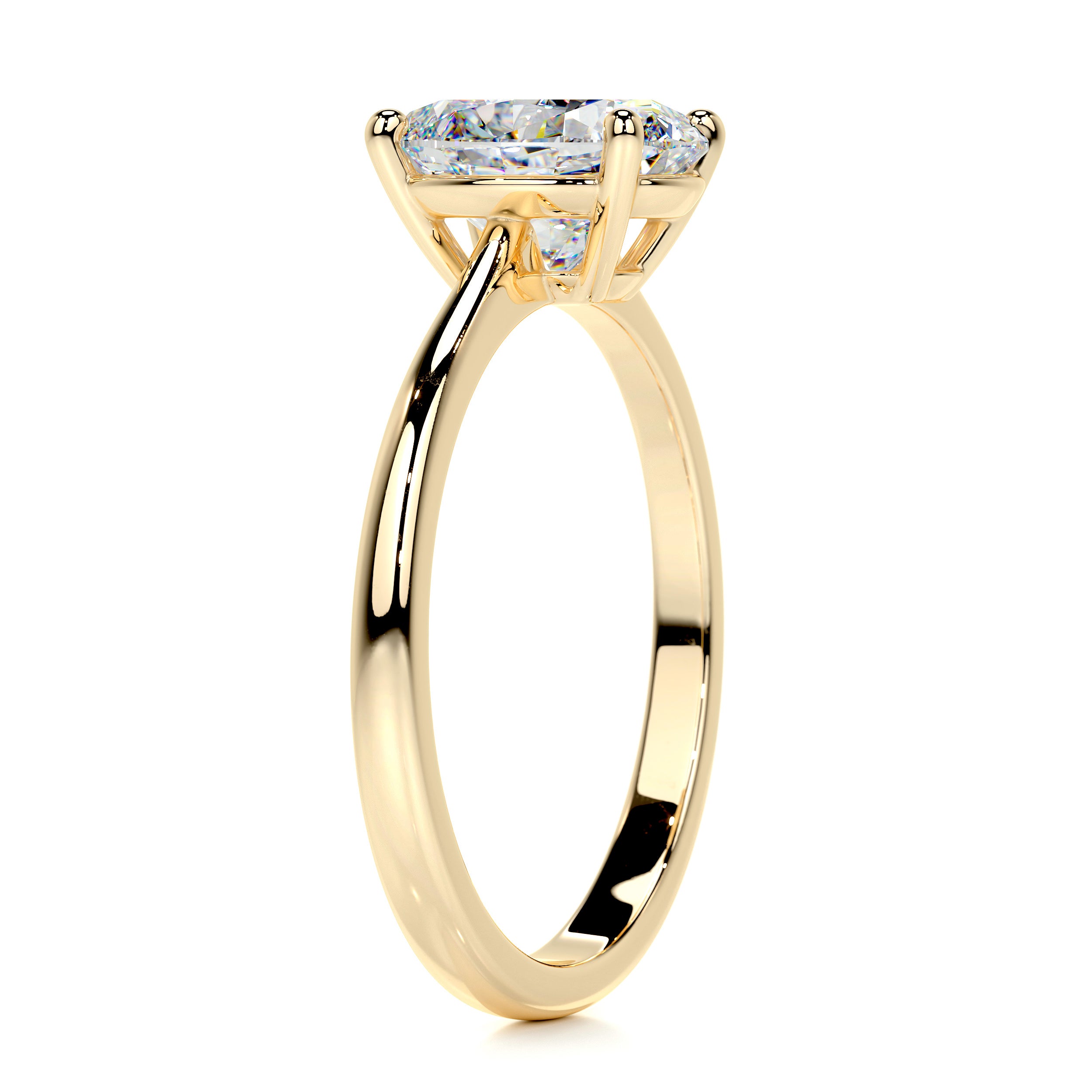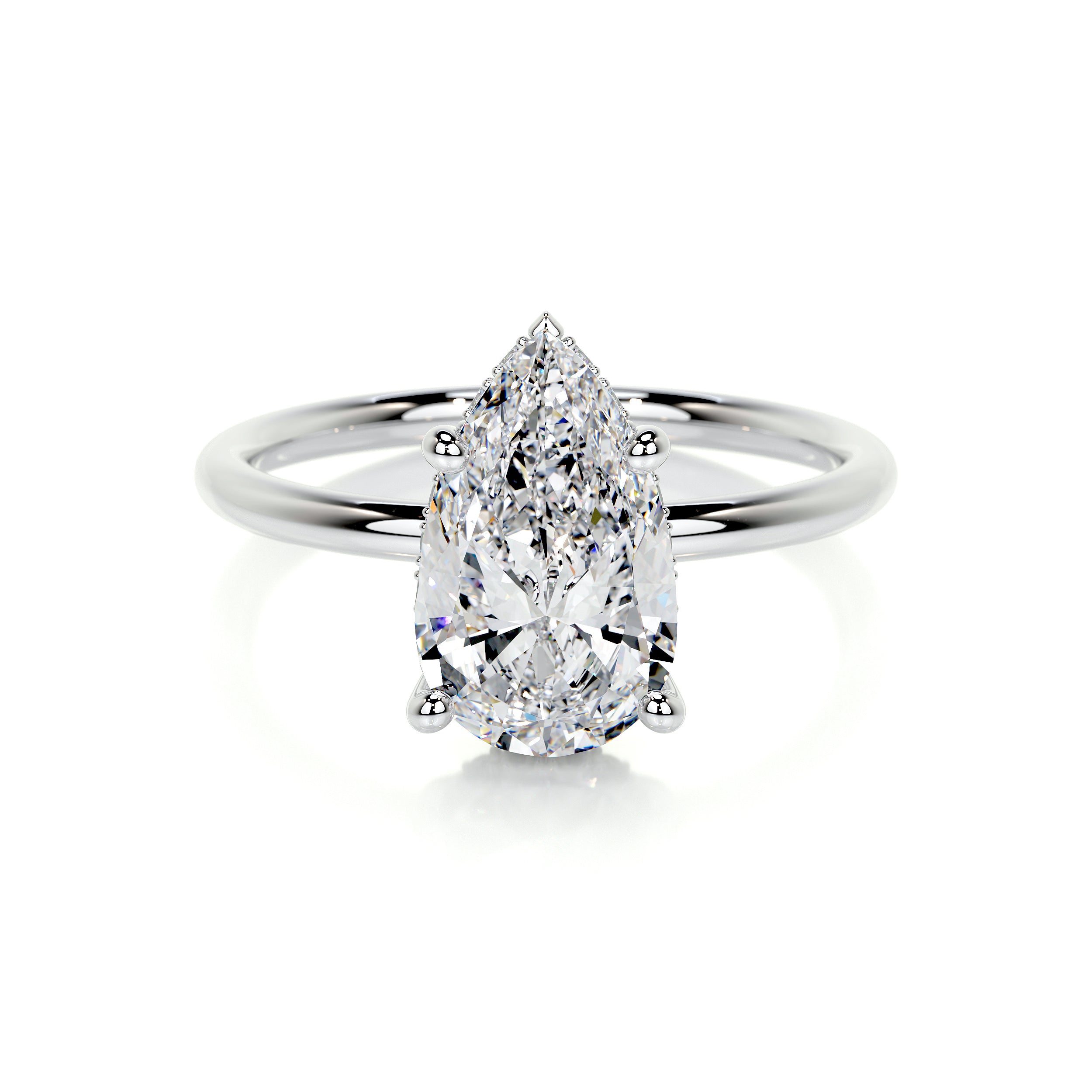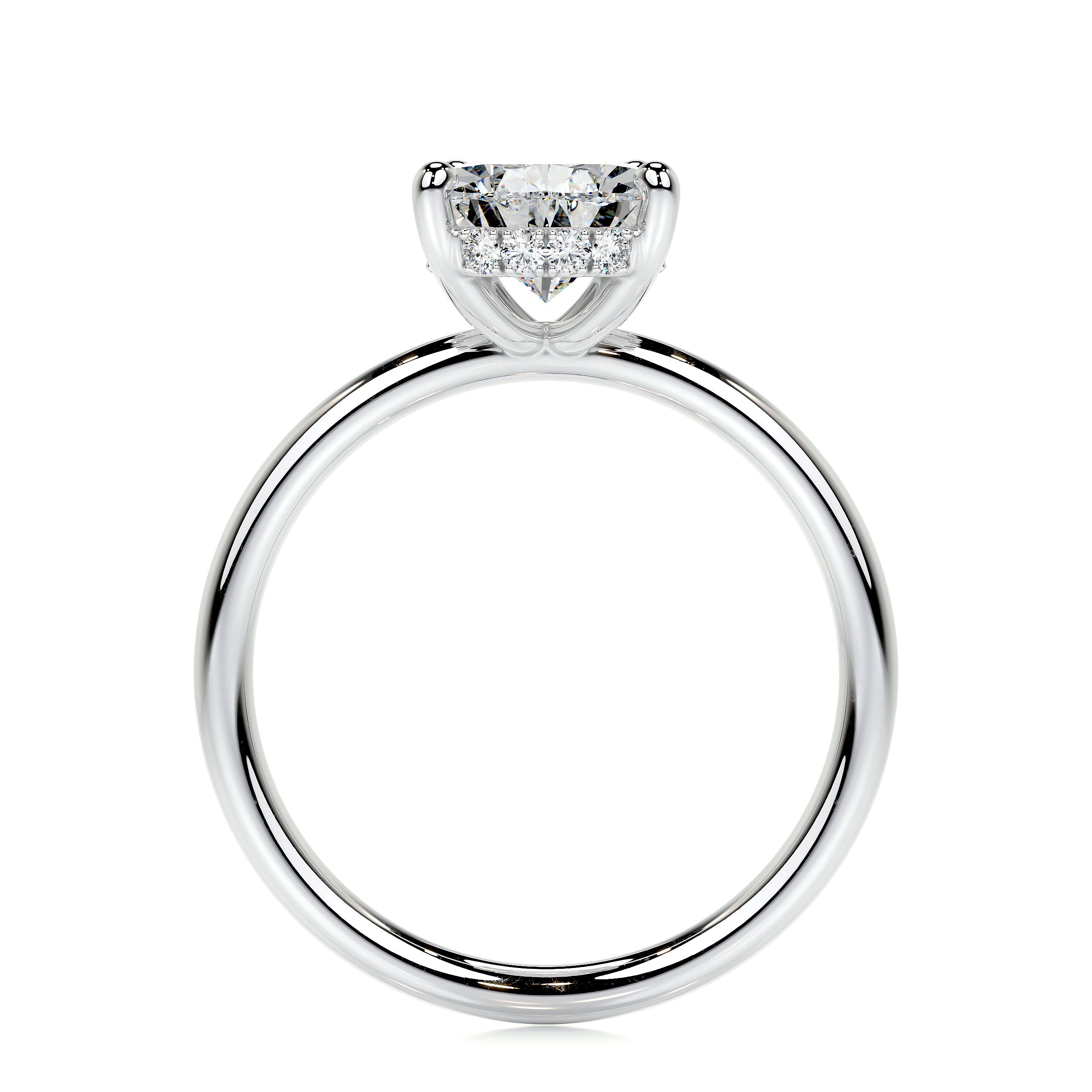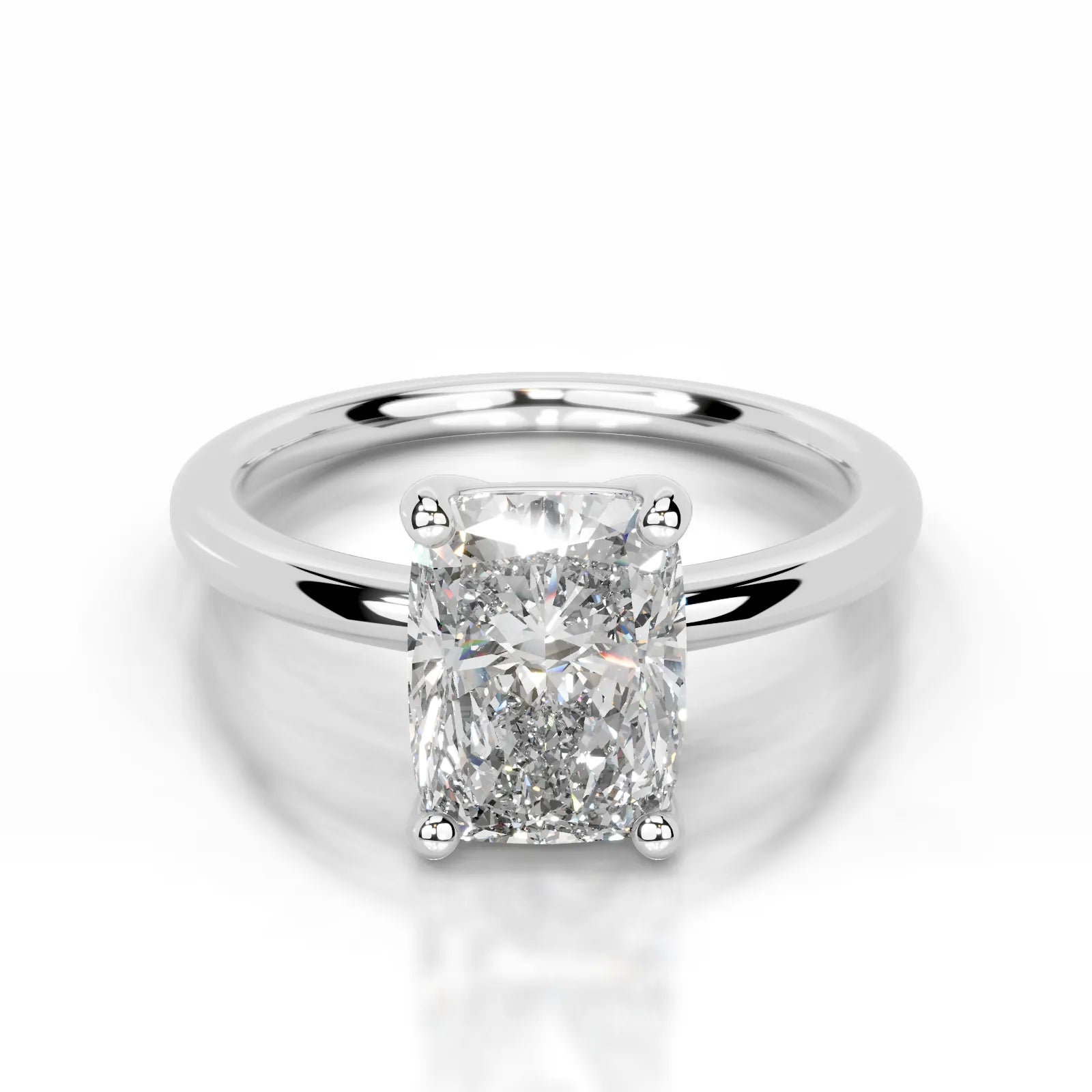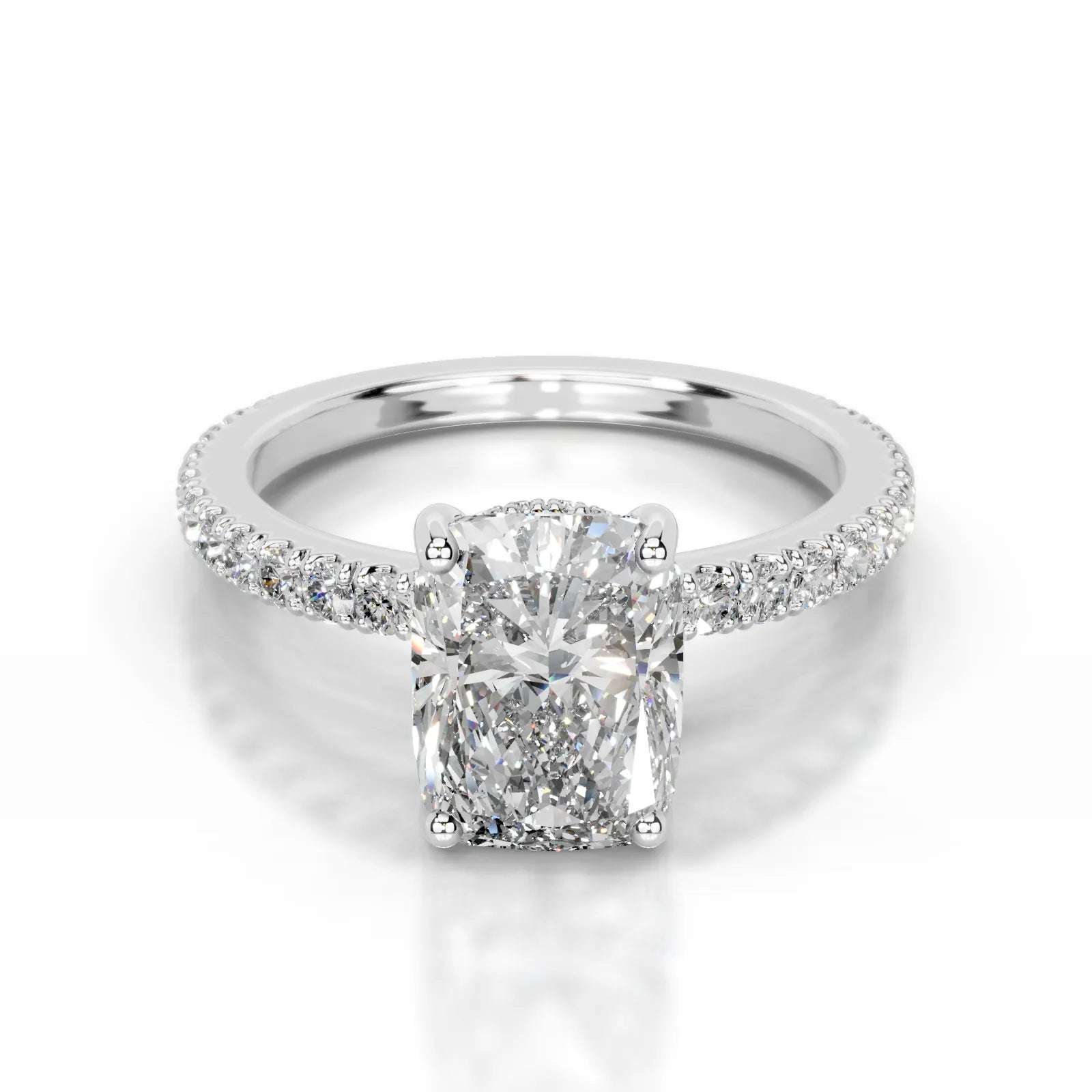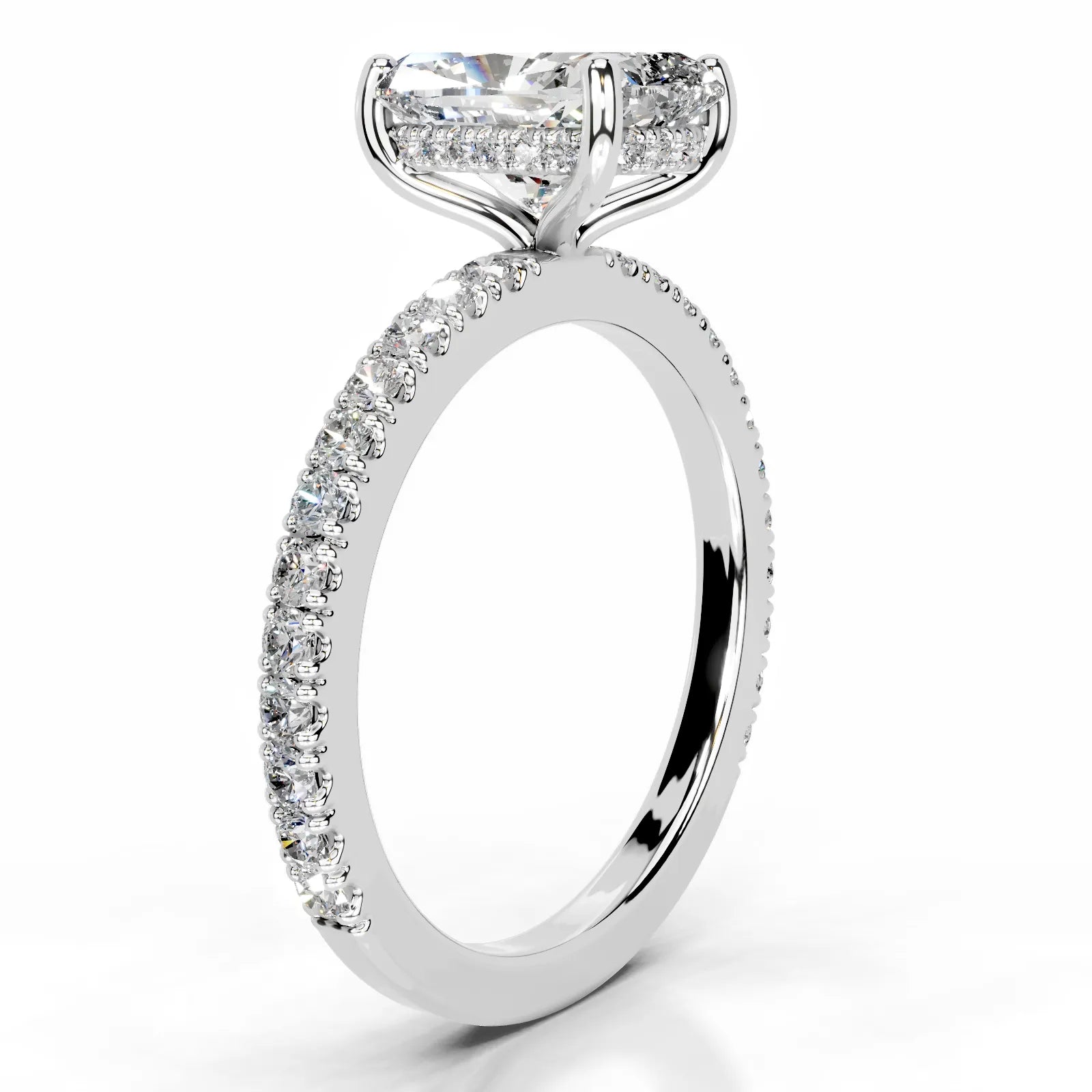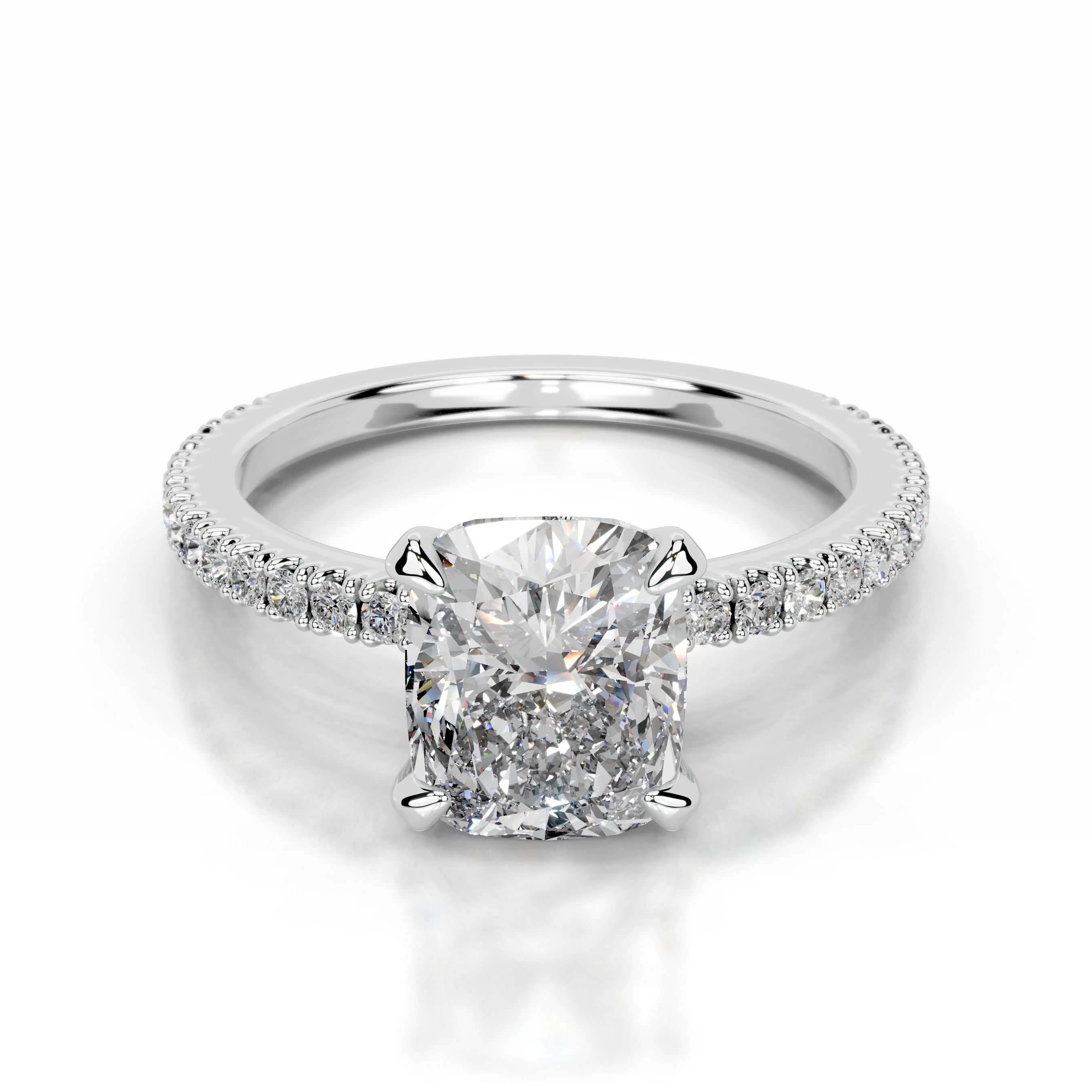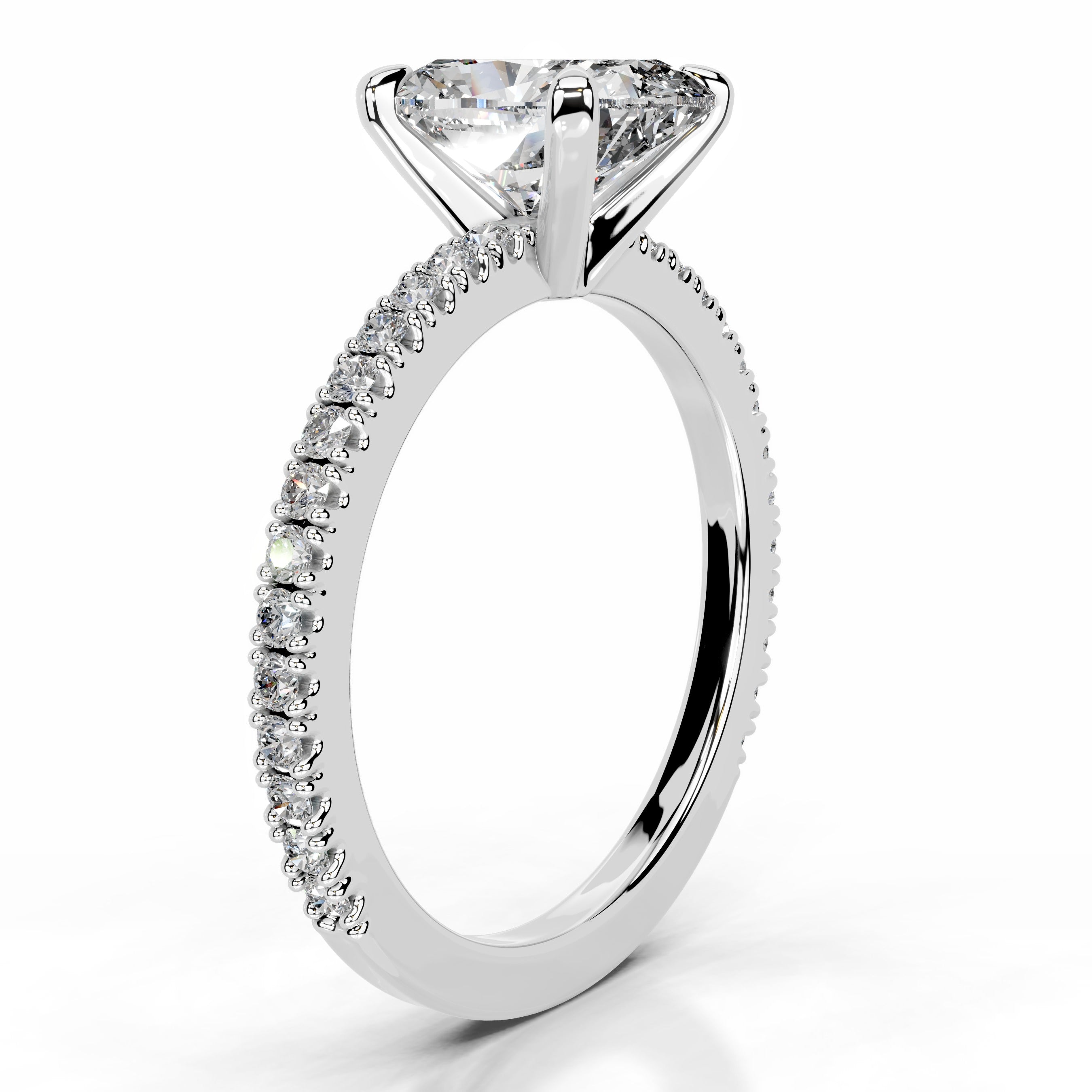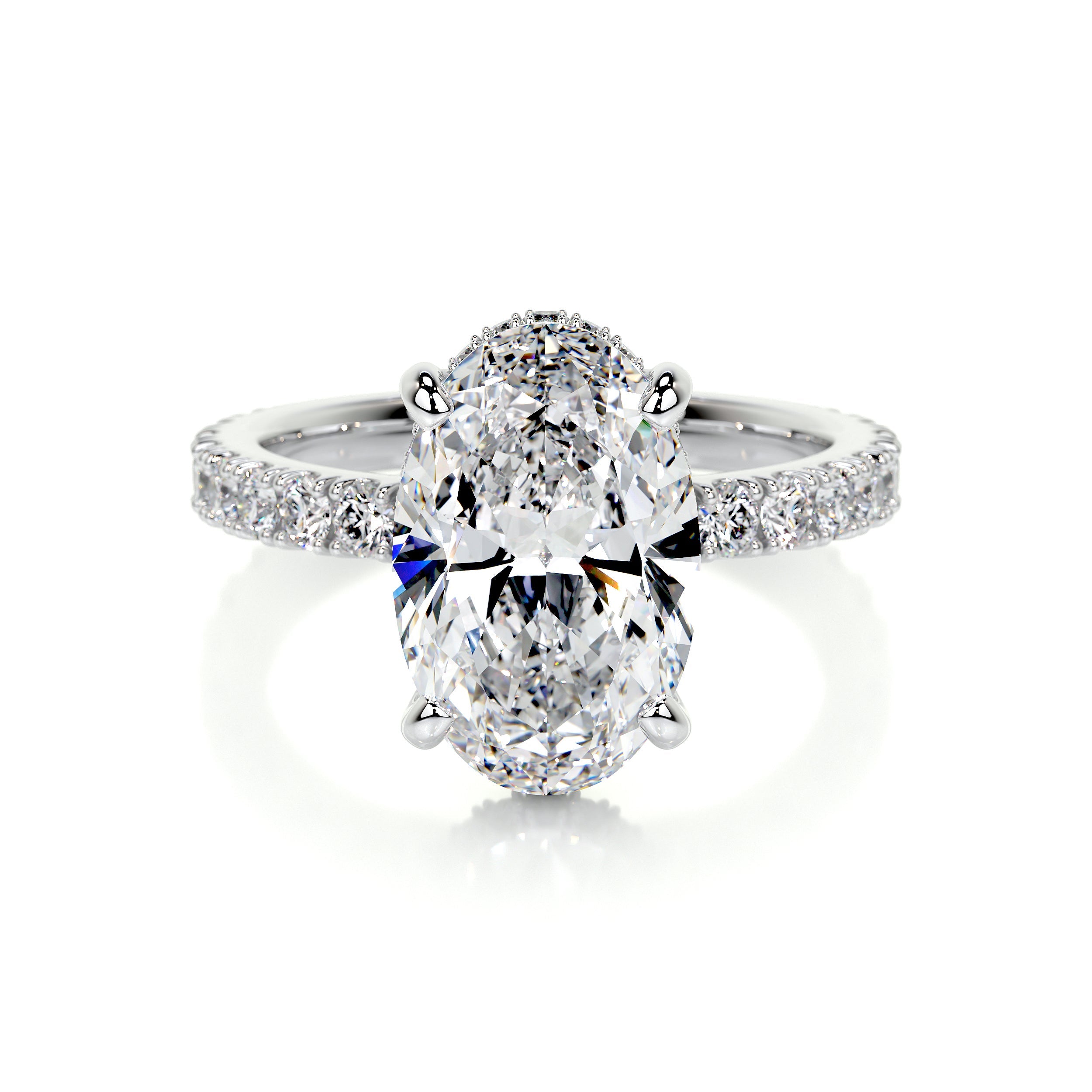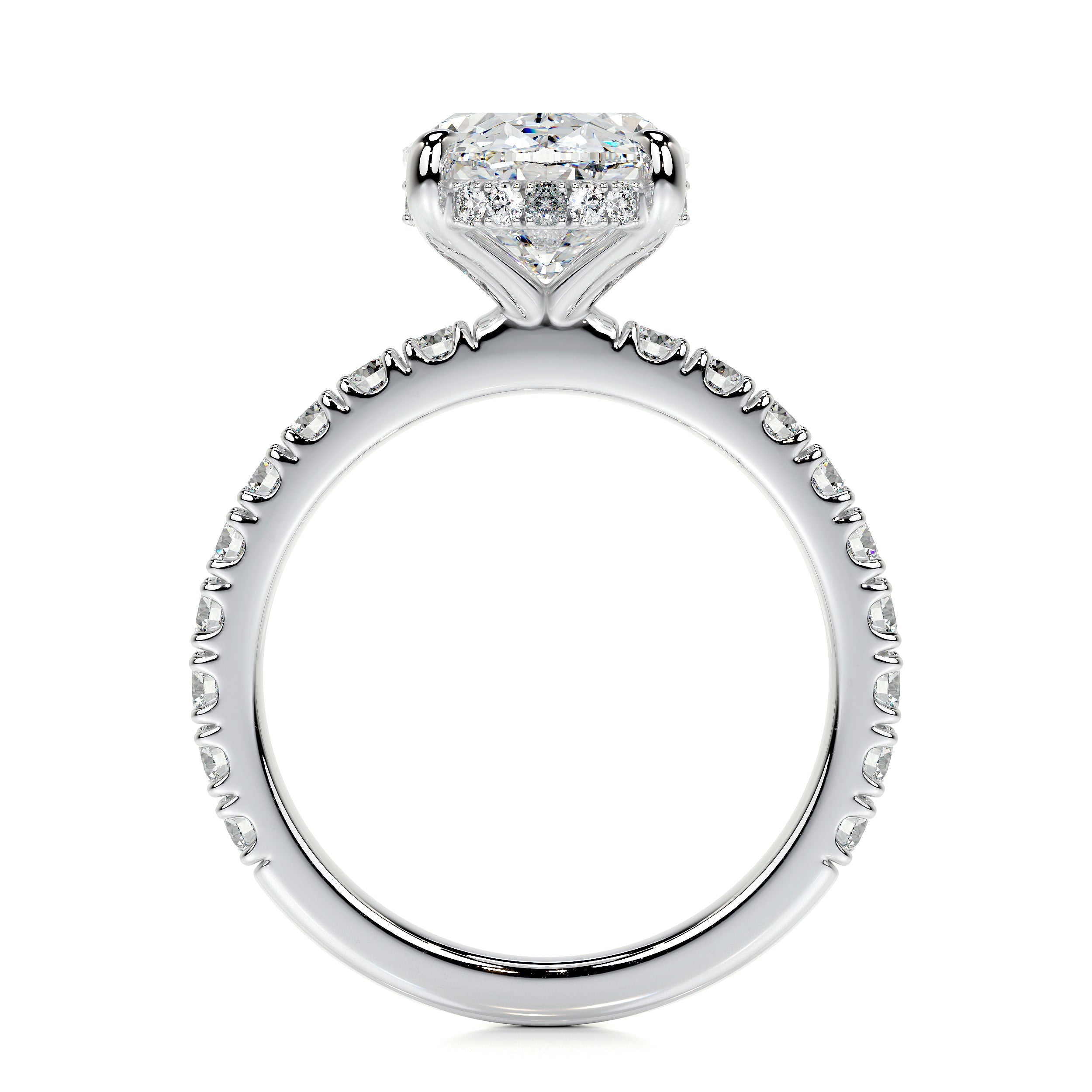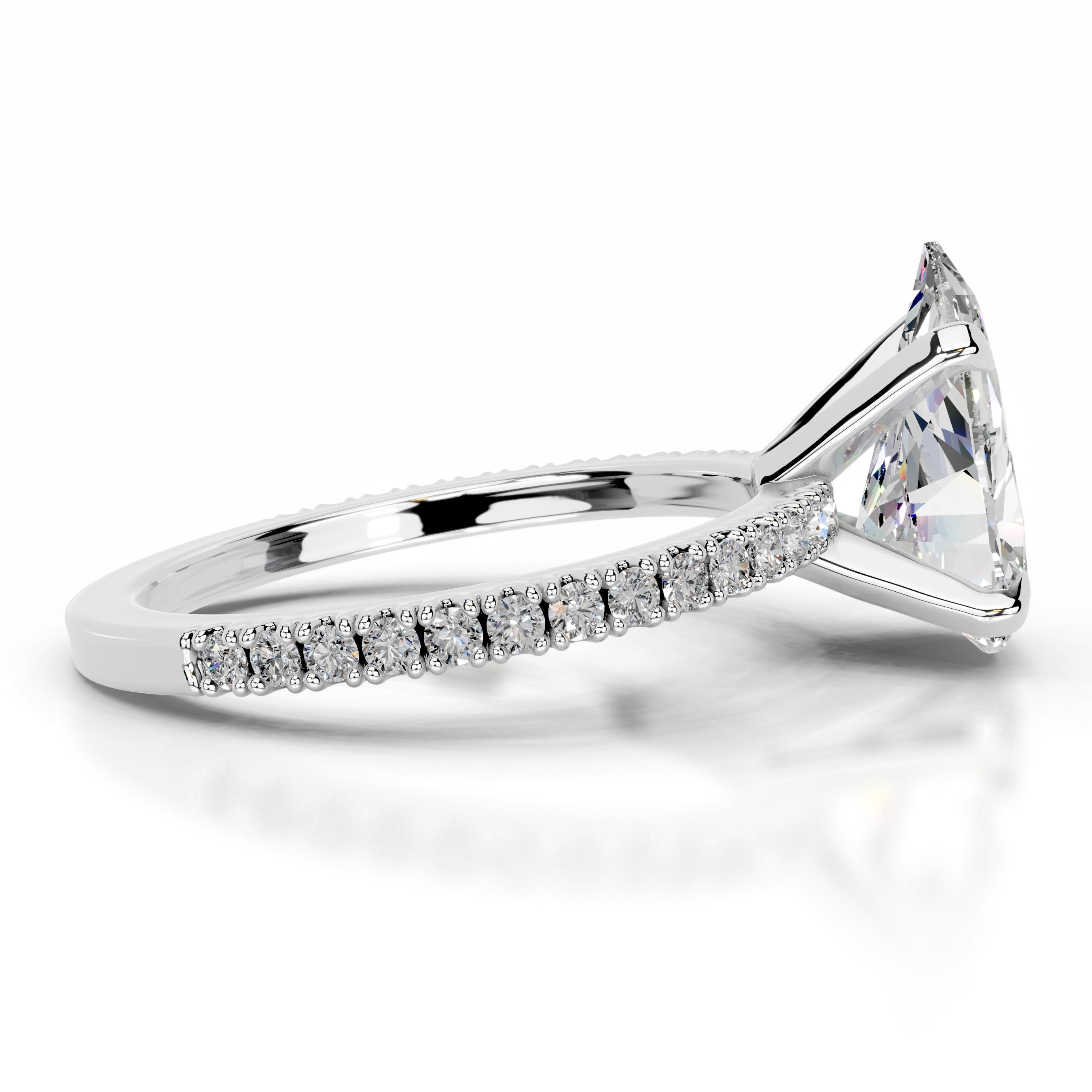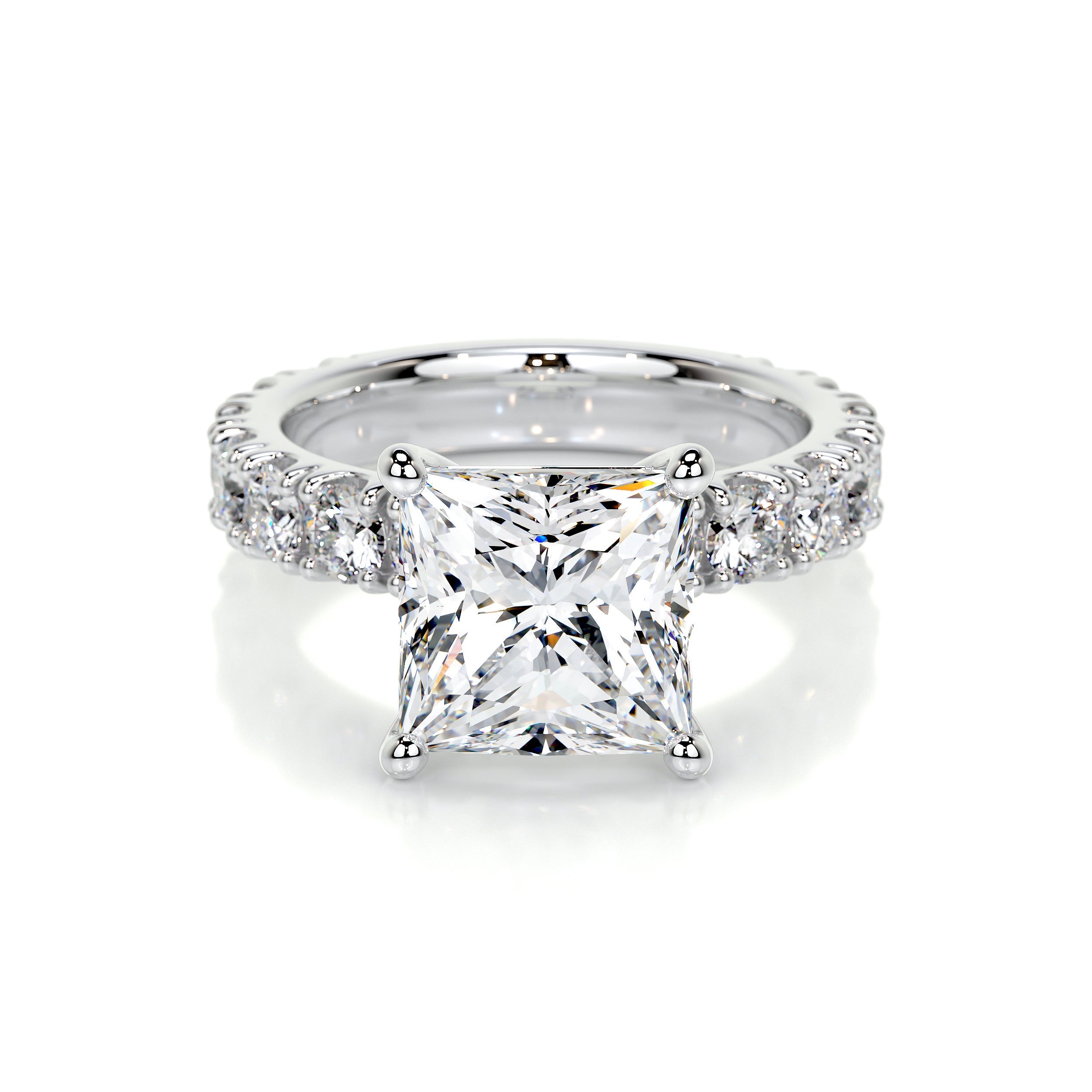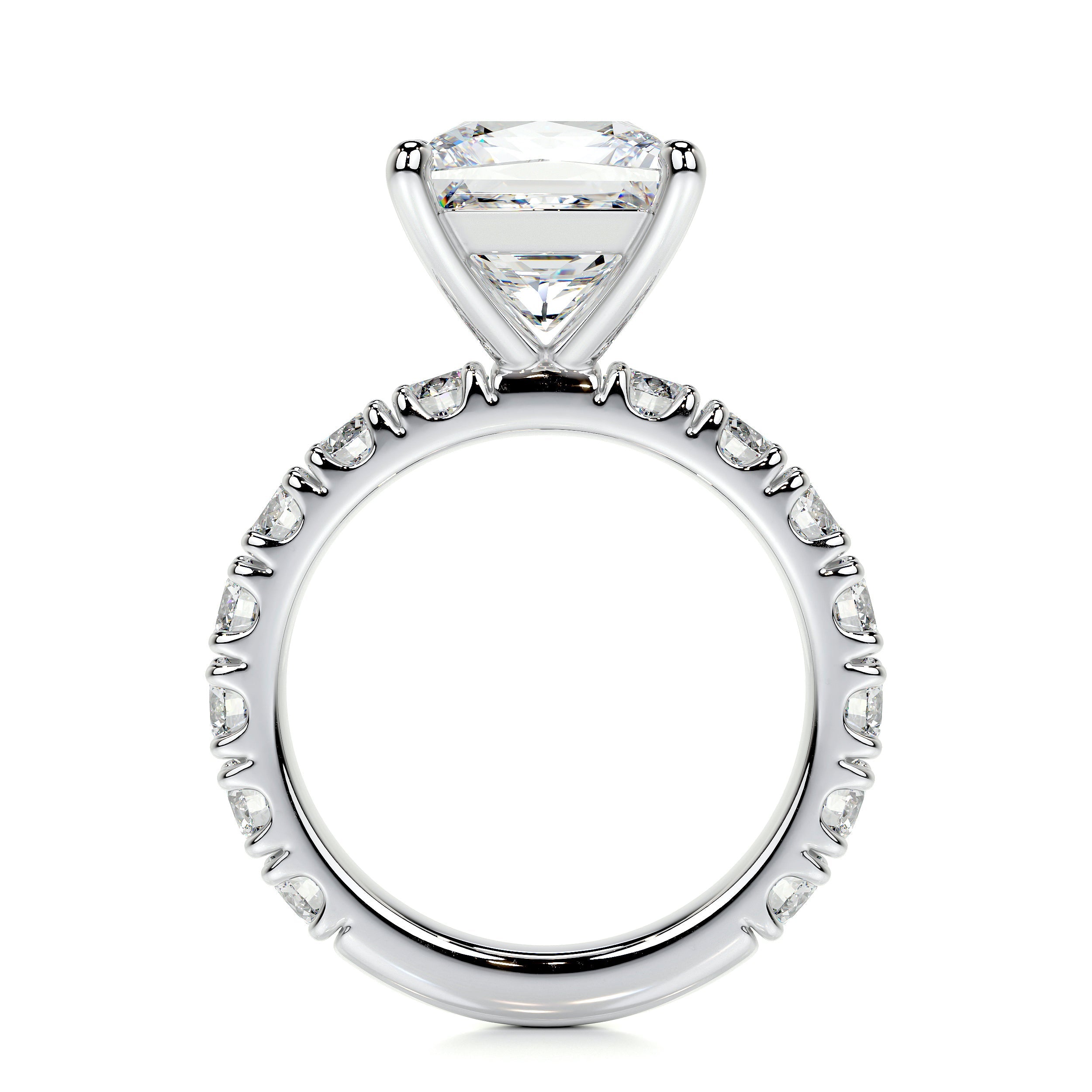Many people will settle for nothing less than the absolute best when they are buying a diamond. While all shoppers will make their choice based on the 4 C's of diamonds, some people will choose the very top specifications, the best diamonds in the world.
However, for most people, especially those who are buying their diamond, choosing the top quality may be slightly out of your budget. Here are some tips that jeweler's recommend to diamond buyers to get the best diamond possible on your budget:
1. Compromise on Color
Diamond color is measured on a scale from D – Z, D being the purest with no color included whatsoever, and Z being diamonds with noticeable light yellow color.
However, what many people don’t know is that even diamonds that are below the color grades of D – F are still considerably colorless to look at, even in the sunlight, especially when they are not being examined under magnification.
- Save a significant amount of money and choose a diamond with a color from G – J.

2. Enhanced Clarity
So you've heard that when a diamond has a significant amount of inclusions, they are visible even to an unaided eye? Diamonds with I clarity and below have visible inclusions that may affect the diamond's sparkle.
While this may not be a factor for most people, for shoppers who prefer the most magically brilliant diamonds that are available, enhanced clarity diamonds are a great option. Through an innovative technological procedure, a laser corrects the inclusions in the diamond and raises its clarity grade. This can be done on diamonds of all shapes, sizes and colors, and can result in diamonds anywhere on the clarity scale, from IF to F and even so a higher level of I, depending on what was done to the diamonds. Regardless, the enhancement stays for the entire life cycle of the diamonds (which is eternal, as diamonds never fade or diminish), making this a very desirable option for people who want a more perfect diamond but don’t want the price tag that they come with.
- Save money on a clearer diamond by buying the clarity that you want, but enhanced.
3. Lower Clarity Grades
Often, a diamond with one tiny but noticeable blemish can be significantly cheaper than a comparable but more perfect diamond. However, what most buyers don’t realize is that their diamond does not look the same when it is set as it does when it is examined in its loose state. Therefore, many jewelers recommend that a buyer on a budget (or a buyer who wants a bigger diamond for their budget) should buy a diamond with an inclusion that can be concealed. A well placed setting, or prong, can completely disguise that area of the diamond so that neither you nor anyone else seeing it will even be able to see the blemish. In fact, when jewelers set diamonds in general, they always choose its most perfect angle for the setting, so they inherently would be doing this anyway.
- Save money on your diamond by buying one that can be set in such a way that the blemish won't even be noticed.
4. Learn how the Cut affects the Size
A fact that remains largely misunderstood in the world at large is the difference between carat weight, cut, and size, and how their interaction affects the diamond. Since the most common request from jewelers is to give the biggest diamond that the buyer's budget will allow, it is often necessary to define the word 'biggest'. Depending on the shape of the diamond that you chose, you can buy one with a significantly larger look even without spending much more on the carat weight. Generally, a diamond has a bigger look when its top-down view is larger, so when you are looking down at your piece of jewelry, it belies a certain size. The size of the diamond that you may want is not the same as its carat size, which is a measure of weight and not the diamond's dimensions. If you have a certain look in mind, look at diamonds with different dimensions and with different cuts, even if their carat weights are very close. You may be surprised to find that A diamond with a smaller carat weight looks bigger on your hand because of the way it was cut or because of its dimensions.
- Save a whole lot of money on your diamond by comparing diamonds of different cuts and dimensions to each other. You may find that the diamond that has the look that you want is actually one with a smaller carat weight or a lesser cut, which would make it less expensive!

5. Compromise on Carat Weight
You may have had a 1.00 carat or 2.00 carat diamond in mind when you began diamond shopping. Did you know that diamond prices are determined incrementally according to carat weight (in addition to other factors)? Two diamonds of comparable cut, color, and clarity can have a significant price difference because of their carat weight, even if the weights are not far apart. Often, a diamond of 0.90 points will be much cheaper and look just like a 1.00 carat diamond, and a 1.90 carat diamond can look just like a 2.00 diamond without bearing the cost. Consult with us or with your jeweler, and we can help you find a diamond that saves you money on your purchase because the carat weight does not fall under the next price increment – but will look exactly the same!
- Save significantly on your diamond purchase by buying a diamond that is close to the weight you wanted, even if it is not exactly what you had in mind.
6. Choosing a Deceptive Setting
One of the most popular engagement ring styles is also one of the most clever ways to choose a smaller diamond that wont give a small impression. Since it costs incrementally more to buy a diamond of a large carat weight, some people choose to set their diamonds in a sparkly halo setting. This gives the diamond a much bigger impression because the effect of the shine and sparkle that you ring or other piece of jewelry will give will be a very large one. Since a halo setting will cost significantly less than a diamond of a size of another half carat or carat, many people choose this option so that the ring will still look big, but without the cost that normally comes with big rings.
- Save big by buying a smaller diamond but setting it in a halo setting, which will make the diamond look bigger but wont cost as much as a bigger diamond.
A smart and savvy shopper will use any number of the above tricks to shave many dollars off of the final price of their diamond or jewelry. Buyers are always looking for the most beautiful diamond . Any of these perfectly reasonable diamond shopping tricks, which are often recommended by jewelers themselves, or widely known by jewelry aficionados, will affect your final cost for the better.
